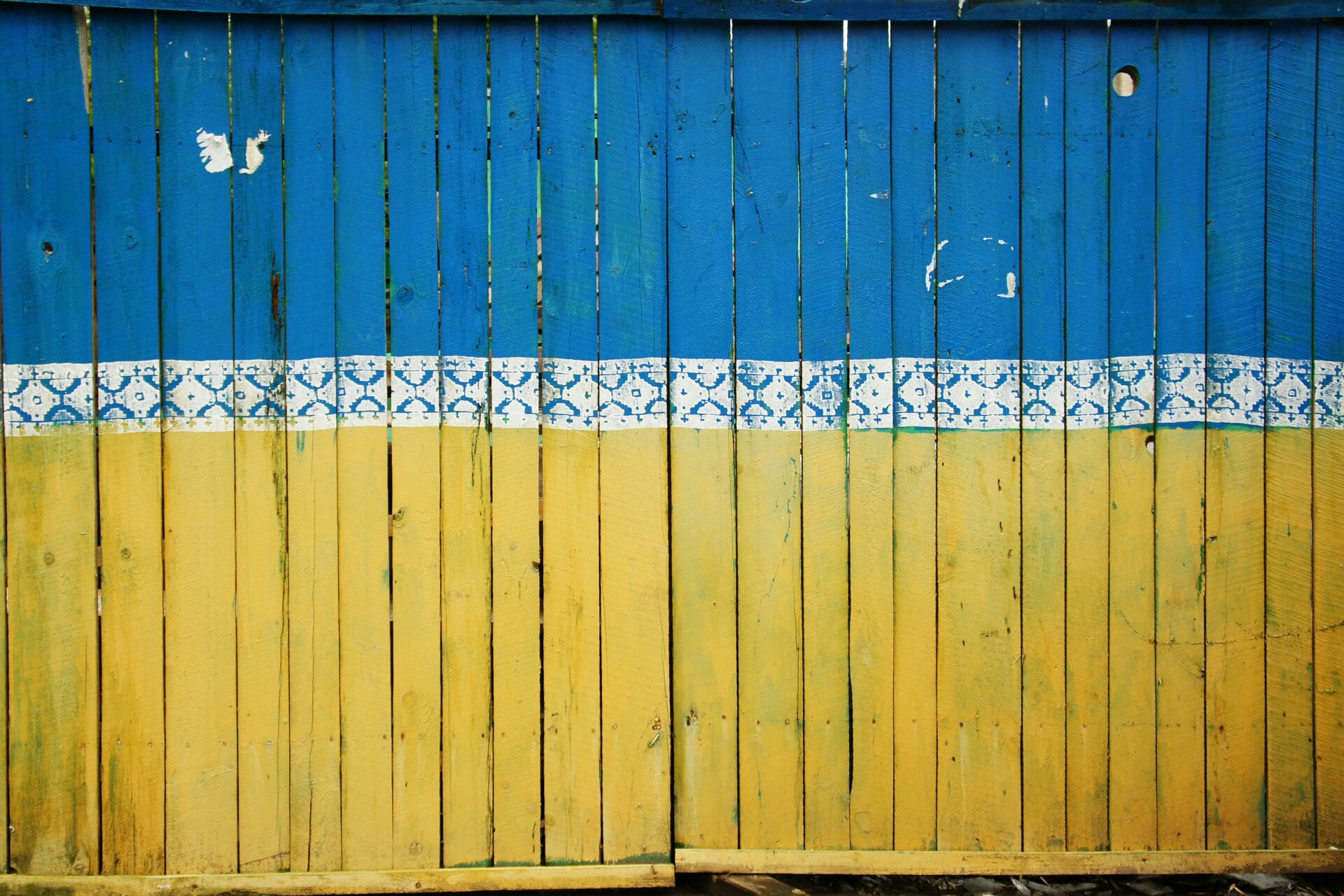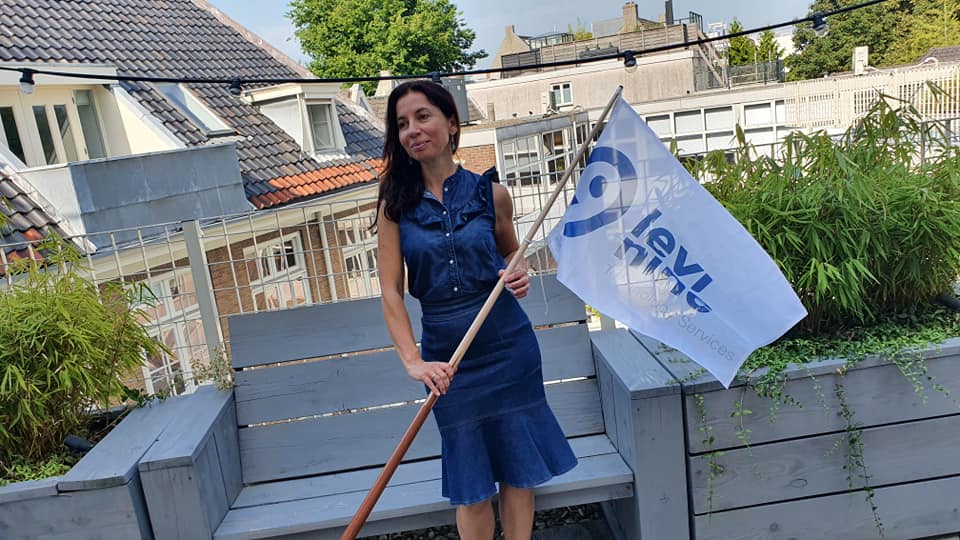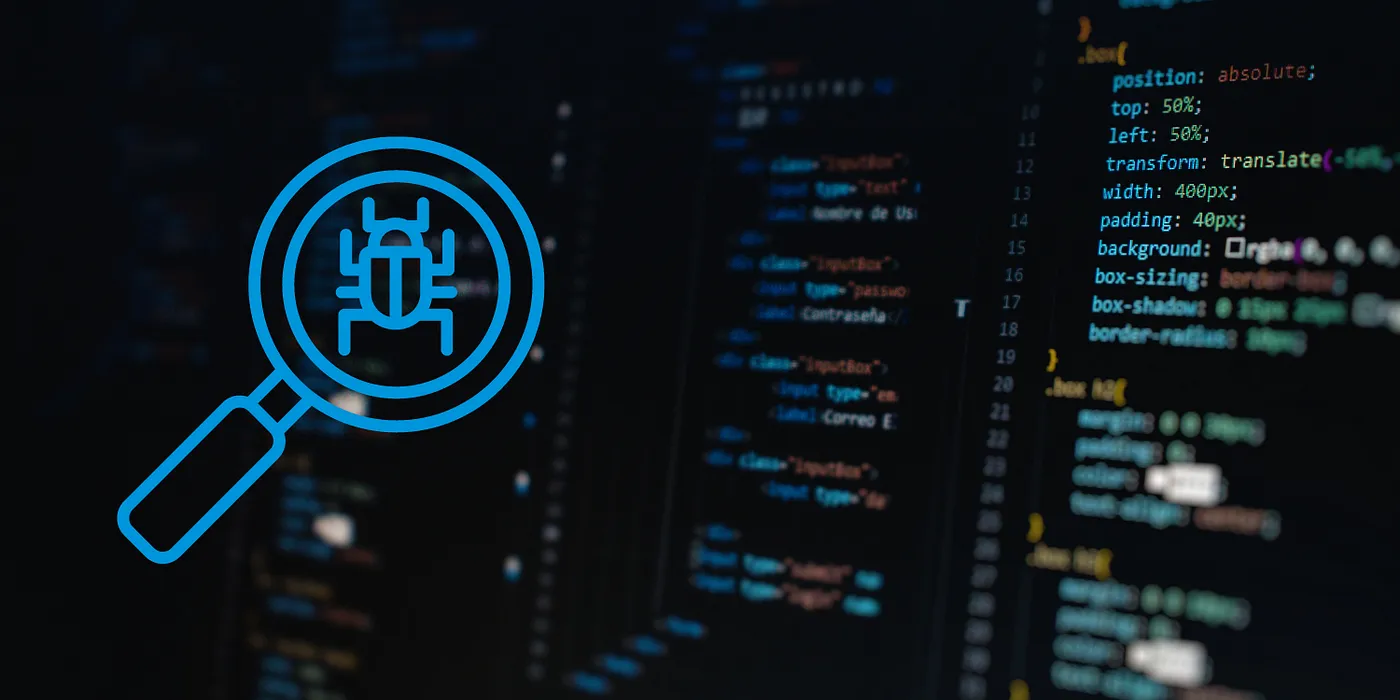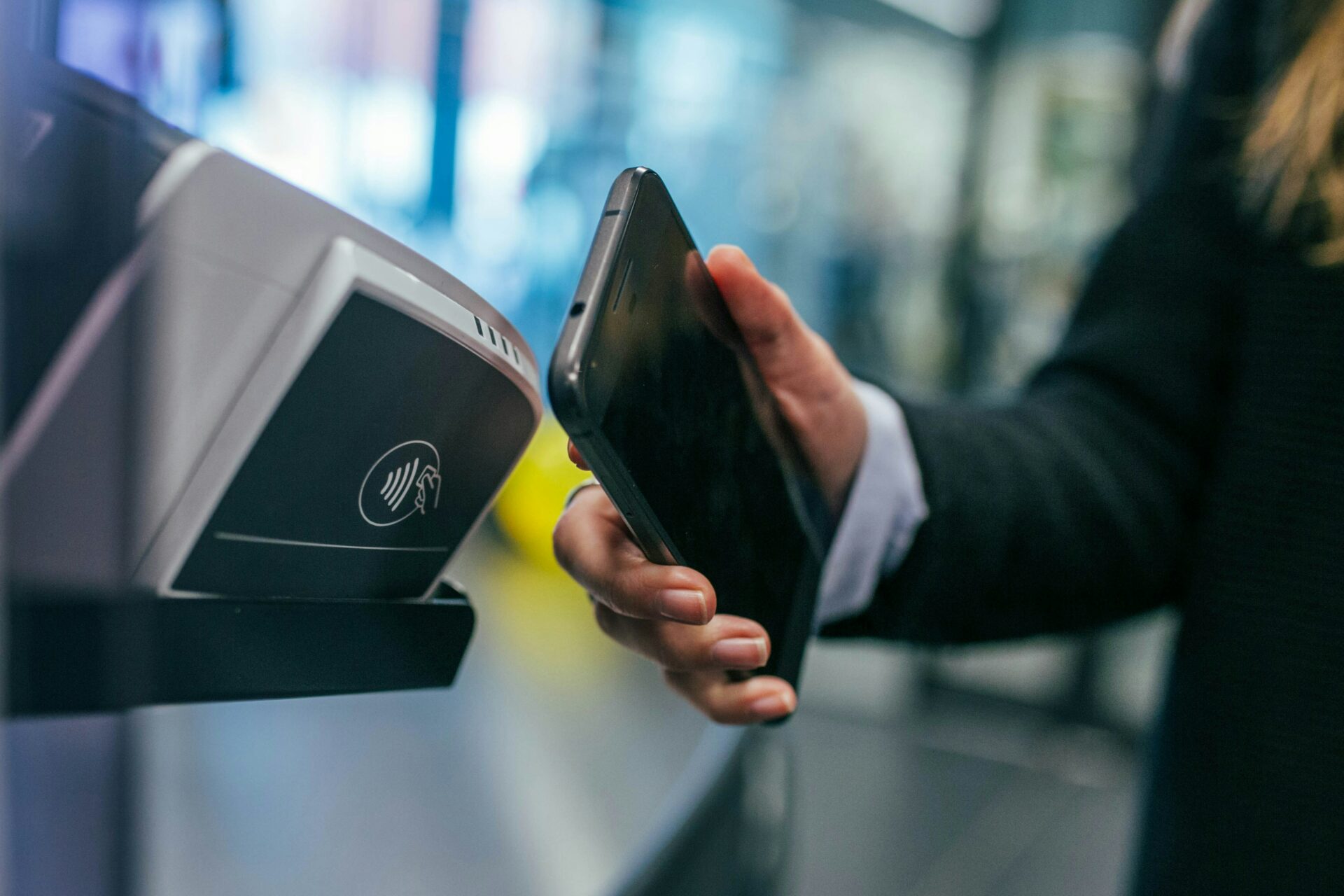Helping one person is already more than none. Almost every Ukrainian has found solace and motivation to get up in the morning to help their fellow citizens and the army, even if they had never been involved in charity before. A person is capable of adapting and learning anything, the main thing is to know why. This is the belief of Artem Lomako, a Java Software Engineer at Levi9, and for over 2 months, his typical Monday is to deliver 500 kilograms of chicken, body armor and helmets, medicine, clothing, and even warm slippers for grandmothers to Hostomel.
Artem talked about his volunteering experience and the motivation to continue helping, despite shelling and other logistical and organizational challenges.
The morning started as usual—with a cup of coffee and the news
I didn’t believe until the very end that the analysts would be right and a full-scale war would begin. Just a day before, I had planned a trip to Lviv for the JavaDay conference and agreed with a colleague to leave earlier – we wanted to explore the city. Waking up at 4 am to the alarm, there was no sign of trouble. I brewed a cup of coffee as usual, opened the page of my favorite media, and was horrified by the news – Ukraine had started getting bombed.
After a few hours, as I started to accept the new reality, I went to sign up at the volunteer center, where hundreds of volunteers were already standing. Realizing that it might not be my turn anytime soon, but having an overwhelming desire to be helpful, I offered my assistance to a former colleague from Levi9. He is currently involved in humanitarian work – providing food supplies to establishments that have switched to cooking meals for the Armed Forces and volunteer battalions. So, metaphorically, it all started with a carton of milk. Although, on that day, we took all the milk from the store.
It all starts with a request
Each new stage of my volunteering activity began with a request for something specific – so to speak, the first carton of milk. And in these two months, it wasn’t me seeking whom to help, but rather people finding me. I delivered an order to one person, then a larger batch to the same person. Then they shared with friends who needed medicine, and on my way, I also took an elderly grandmother to a safe place. She tells her neighbor about me, who passes my contact to the village council head. And so, a week later, I bring groceries and clothing to the local daycare center. The grapevine works wonders.
Throughout this time, the range of tasks I took on expanded so much that almost nothing was impossible. For example, I was asked to buy one body armor, and then another batch. I found regular suppliers, and my arsenal of assistance grew to include licensed armor plates, tactical and ballistic military gear.
We'll deliver according to the list and let’s include warm socks
We have to respond to each request proactively. For example, recently my friends had to deliver provisions to a village near Gostomel in a few days and asked me for help. I bought 300 kg of buckwheat, pasta, chicken and more than 500 batteries from the list, because there is no electricity there, and I also brought warm socks for the elderly. Or local communities send a list of more than 1,000 medicines and equipment – even an MRI machine was ordered. I see what I can get and organize it.
As the conflict escalated, I started helping people evacuate to safer places more frequently. Ukrainians were hastily and chaotically leaving the hot zones, needing assistance, and representatives of local communities immediately contacted me. Passengers would share their stories along the way. For example, you take a grandmother and her family to the train station to the accompaniment of hailstones and find out that they have lost everything, are traveling one way and are building their lives from scratch. It’s terrifying.
I have also had experience helping shelters. They usually need food or to transport animals to safer places that have enough food. For me, this is a difficult area of volunteering, although I continue to get involved. For example, Gostomel has a separate shelter for 700 dogs. In addition, the townspeople took in the pets of their neighbors who had left without them. And these frightened cats and dogs, who have lived without food for a week, are already on the verge of death, hiding under the bed and not letting themselves be caught. I find a way to approach them, put them in the car, and we drive together: I drive, and they are all over the car.
You need to be able to prioritize
Although I have a fairly short experience of volunteering, I noticed a problem in organizing processes and prioritizing requests – everyone tries to pull the blanket over themselves. There was a case: Kyiv was heavily bombed and I was asked to bring a large batch of baby food and diapers. I quickly found everything, but it turned out that mothers with children even had tablets, and the head of the condominium association simply decided to stock up on food in the bunker. We need to help everyone, but when this request is on one side of the scale and two families from Borodyanka whose house was destroyed, they are living with volunteers and have no clothes or food on the other, this is a higher priority for me.
At the same time, there are a lot of requests for help, they come from different sources and are not always relevant. For example, I was asked to urgently bring a large batch of food to the hotspots, but in fact there is already a surplus of supplies there. Such distorted information leads to unnecessary confusion and irrational actions. You go to pick up a refugee from the war zone, but someone’s neighbor needs to go to town, or the convoy escort turns out to be just a group of volunteers without proper documents.
One in the field is a warrior
Until February 24th, I didn’t even know that I could engage in volunteering on such a large scale and on a daily basis. Without prior experience working with foundations, I simply do what I can and how I know—voluntarily, with my own money, and involving acquaintances and colleagues from Levi9 whenever possible. At the same time, I continue to work and build my day so that I can fit everything in as much as possible.
Being the captain of the ship and being a part of it are not the same thing in terms of processes. When I’m on my own, I plan the workload based on my resources, and if needed, I ask acquaintances to lend a hand. In such cases, even processing 500 kg of meat in an evening is not a problem. However, I can’t be responsible for the people I work with and for monitoring the process from their side. Additionally, there are always willing individuals to help and those who seek to take advantage of the situation.
At first, I switched to hero mode—helping everyone and anyone. Dozens of tasks per day, not understanding the priority of each, and acting according to the situation. If I had local tasks in Kyiv or managed to get everything done within a few hours, I worked from morning until 3-4 PM, and then calmly took care of minor tasks until curfew. However, if I needed to transport a large load and face traffic jams, I would inform the Levi9 team. They take it calmly since the majority of us are volunteers, and some have joined the Armed Forces or the Territorial Defense. Now I have developed a more rational approach—devoting 75% of my time to work and dedicating the rest to critical requests.
One is already a lot
Motivation for engaging in volunteering, like any other pursuit in peaceful life, is unique to each individual. I want to be useful. If I can help at least one person out of a hundred, I will do everything possible. When I bring medicine to a grandmother who has difficulty walking and see her again after a week. When I deliver insulin to diabetics because it doesn’t reach them. When I order a bulletproof vest and helmet for an 18-year-old boy going to the front line, which might save his life—I feel that I am doing the right thing.











